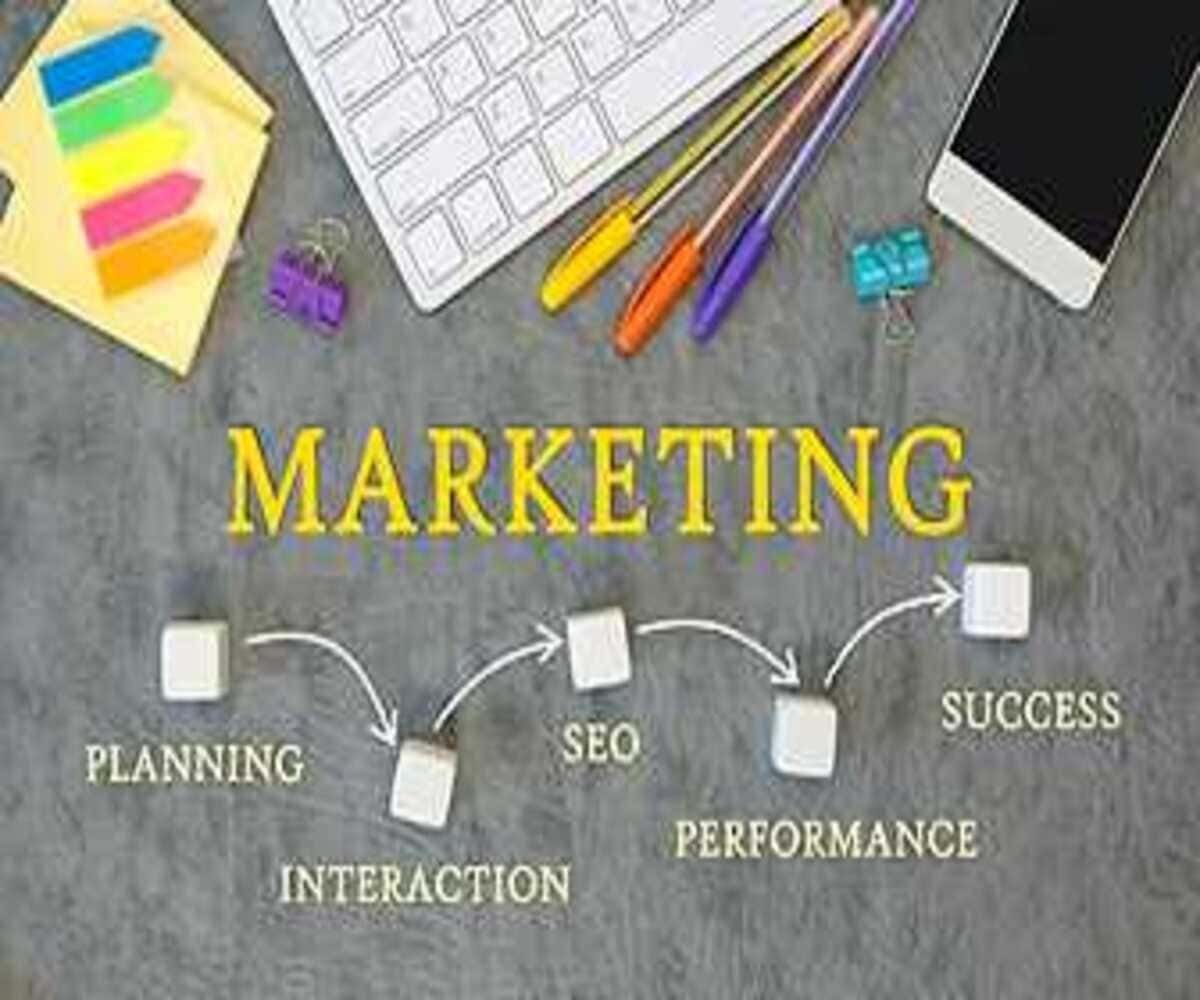Introduction to Marketing
Marketing is the foundation of business success, encompassing a range of strategies and techniques to connect businesses with their target audience. From traditional methods to digital innovations, marketing plays a crucial role in brand building, customer engagement, and revenue generation.
Definition and Importance of Marketing
Marketing is the process of promoting, selling, and distributing a product or service to potential customers. It involves understanding consumer needs, creating valuable offerings, and delivering them effectively to drive business growth.
Why is Marketing Important?
- Brand Awareness – Helps businesses establish a strong presence in the market.
- Customer Engagement – Builds trust and long-term relationships with consumers.
- Revenue Growth – Drives sales and profitability by reaching the right audience.
- Competitive Advantage – Differentiates businesses from their competitors.
- Market Expansion – Allows companies to reach global and diverse audiences.
Evolution of Marketing Concepts
Marketing has evolved significantly over the years, adapting to changes in consumer behavior and technological advancements. Below are the major phases in the evolution of marketing concepts:
1. Production Concept (Late 19th – Early 20th Century)
- Focus: Mass production and efficiency
- Key Idea: “If we make it, they will buy it.”
- Example: Henry Ford’s Model T cars, which prioritized affordability and availability.
2. Product Concept (Early to Mid-20th Century)
- Focus: Quality and innovation
- Key Idea: “Better products will attract more customers.”
- Example: Companies investing in research and development to improve product features.
3. Selling Concept (Mid-20th Century)
- Focus: Aggressive sales techniques
- Key Idea: “Push consumers to buy through advertising and persuasion.”
- Example: Cold calling, door-to-door sales, and high-pressure selling tactics.
4. Marketing Concept (1950s – 1990s)
- Focus: Customer satisfaction
- Key Idea: “Understand customer needs and deliver value.”
- Example: Brands conducting market research to create customer-centric products.
5. Societal Marketing Concept (1990s – Present)
- Focus: Ethical and sustainable marketing
- Key Idea: “Businesses should benefit society, not just profits.”
- Example: Companies incorporating Corporate Social Responsibility (CSR) into their strategies.
6. Digital & Relationship Marketing (2000s – Present)
- Focus: Online engagement and personalized marketing
- Key Idea: “Connect with customers through digital channels and long-term relationships.”
- Example: Social media marketing, email campaigns, and AI-driven customer experiences.
Conclusion
Marketing has transformed from simple product promotion to an advanced, customer-focused discipline. Today, businesses must adopt a mix of digital and traditional marketing strategies to stay competitive. By understanding its evolution and importance, companies can craft effective marketing campaigns that drive engagement, loyalty, and long-term success.
Optimize Your Marketing Strategy with SignifyHR !
At SignifyHR, we offer expert insights and strategies to help businesses navigate the evolving marketing landscape. Stay ahead with cutting-edge marketing techniques tailored for success!




